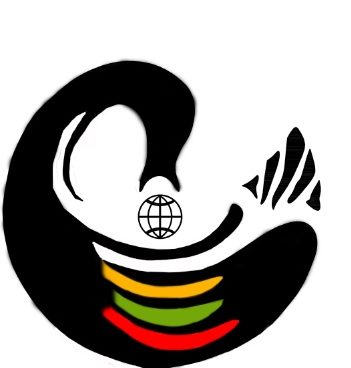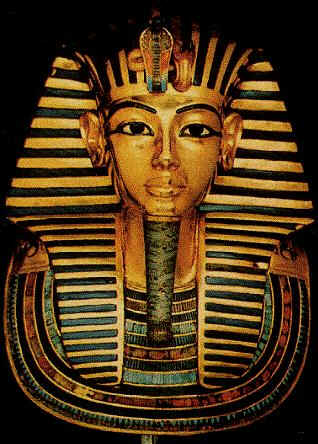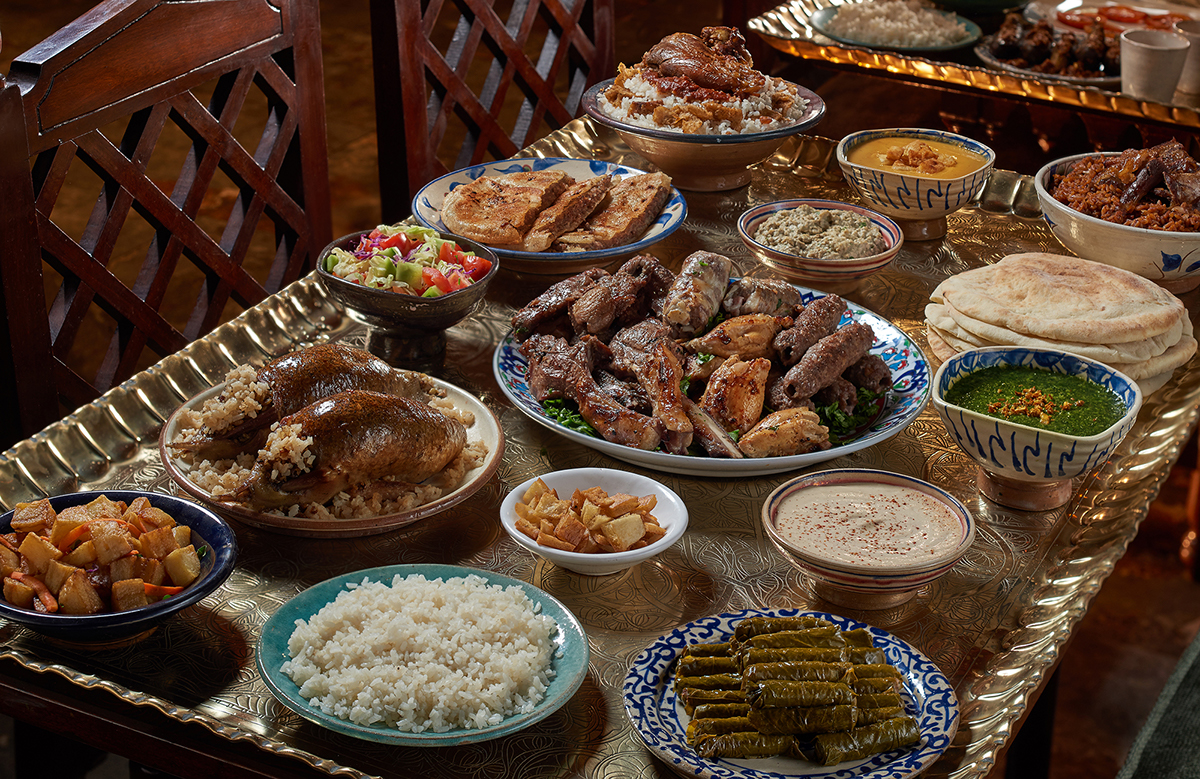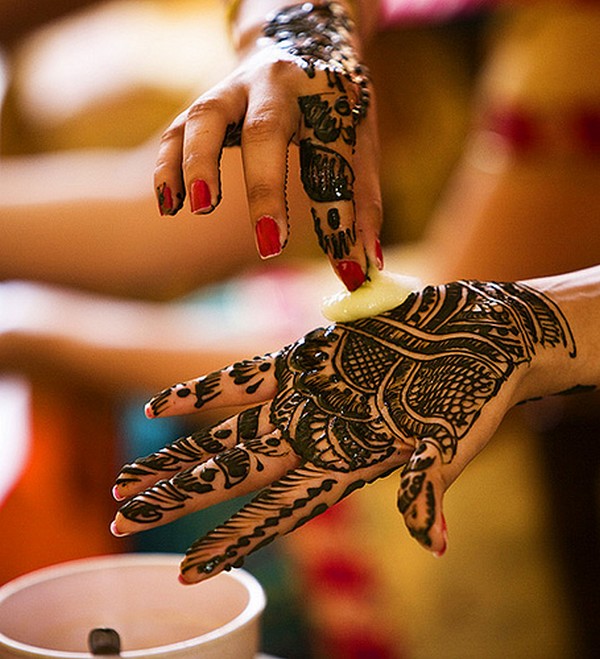Egypt is located in the northeastern corner of Africa. Egypt’s heartland, the Nile River valley and delta, was the home of one of the principal civilizations of the ancient Middle East and, like Mesopotamia farther east, was the site of one of the world’s earliest urban and literate societies. After Alexander the Great conquered the region in 323 BCE, urban Egypt became an integral part of the Hellenistic world. Under the Greek Ptolemaic dynasty, an advanced literate society thrived in the city of Alexandria, but what is now Egypt was conquered by the Romans in 30 BCE. It remained part of the Roman Republic and Empire and then part of Rome’s successor state, the Byzantine Empire, until its conquest by Arab Muslim armies in 639–642 CE. Following the conquests, both urban and rural culture began to adopt elements of Arab culture, and an Arabic vernacular eventually replaced the Egyptian language as the common means of spoken discourse. The population of the Nile valley and delta, which are home to the overwhelming majority of Egyptians, forms a fairly homogeneous group whose dominant physical characteristics are the result of the admixture of the indigenous African population with those of Arab ancestry. The inhabitants of what is termed the middle Nile valley—roughly the area from Cairo to Aswān—are known as the Ṣaʿīdī, or Upper Egyptians. Though the Ṣaʿīdī as a group tend to be more culturally conservative, they are ethnically similar to Lower Egyptians. In the extreme southern valley, Nubians differ culturally and ethnically from other Egyptians. In addition to the indigenous groups, there are in Egypt a number of small foreign ethnic groups. In the 19th century there was rapid growth of communities of unassimilated foreigners, mainly European, living in Egypt; these acquired a dominating influence over finance, industry, and government. In the 1920s, which was a peak period, the number of foreigners in Egypt exceeded 200,000, the largest community being the Greeks, followed by the Italians, British, and French. The official language of Egypt is Arabic, and most Egyptians speak one of several vernacular dialects of that language. As is the case in other Arab countries, the spoken vernacular differs greatly from the literary language. Islam is the official religion of Egypt, and nearly all Egyptian Muslims adhere to its Sunni branch. The country has long been a centre of Islamic scholarship, and al-Azhar University—located in Cairo—is widely considered the world’s preeminent institution of Islamic learning. Likewise, many Muslims, even those outside Egypt, consider al-Azhar’s sheikhs to be among the highest religious authorities in the Sunni world. The Muslim Brotherhood, a transnational religio-political organization that seeks to expand conservative Muslim values, was founded in Egypt in 1928. Sufism is also widely practiced.
Things to Do:
Visit the Abu Simbel Temples
Walk through Al-Azhar Park
Visit the Badr Museum
Visit the Colossi of Memnon
See the Giza Pyramid Complex






